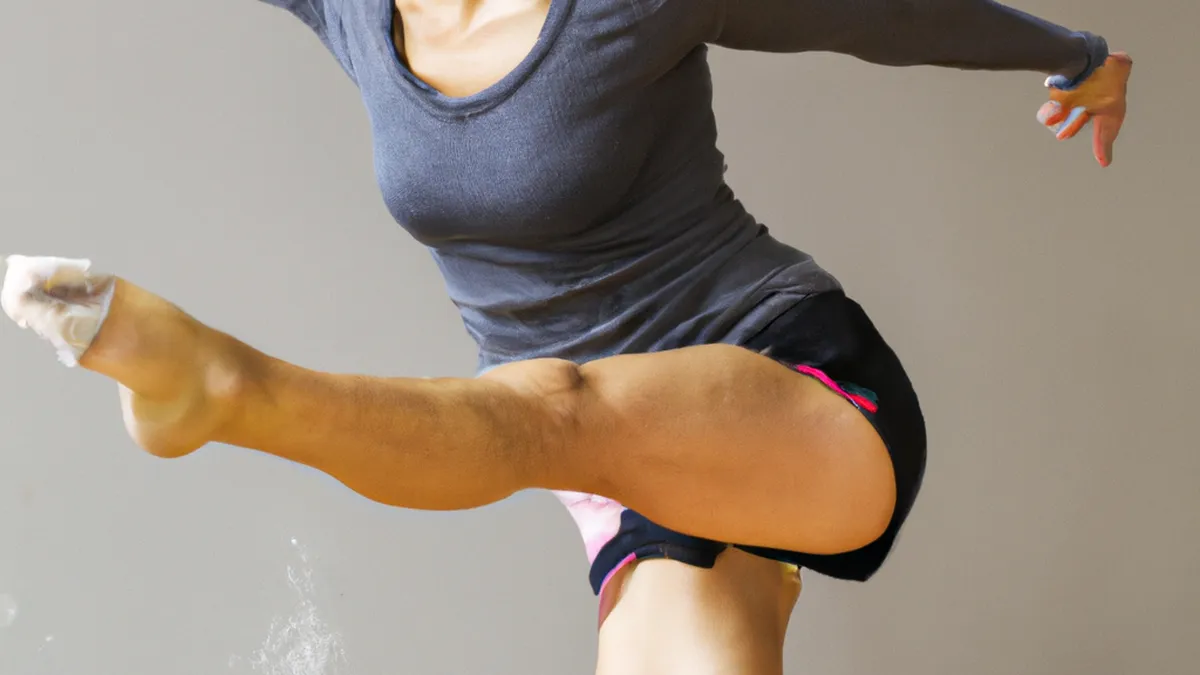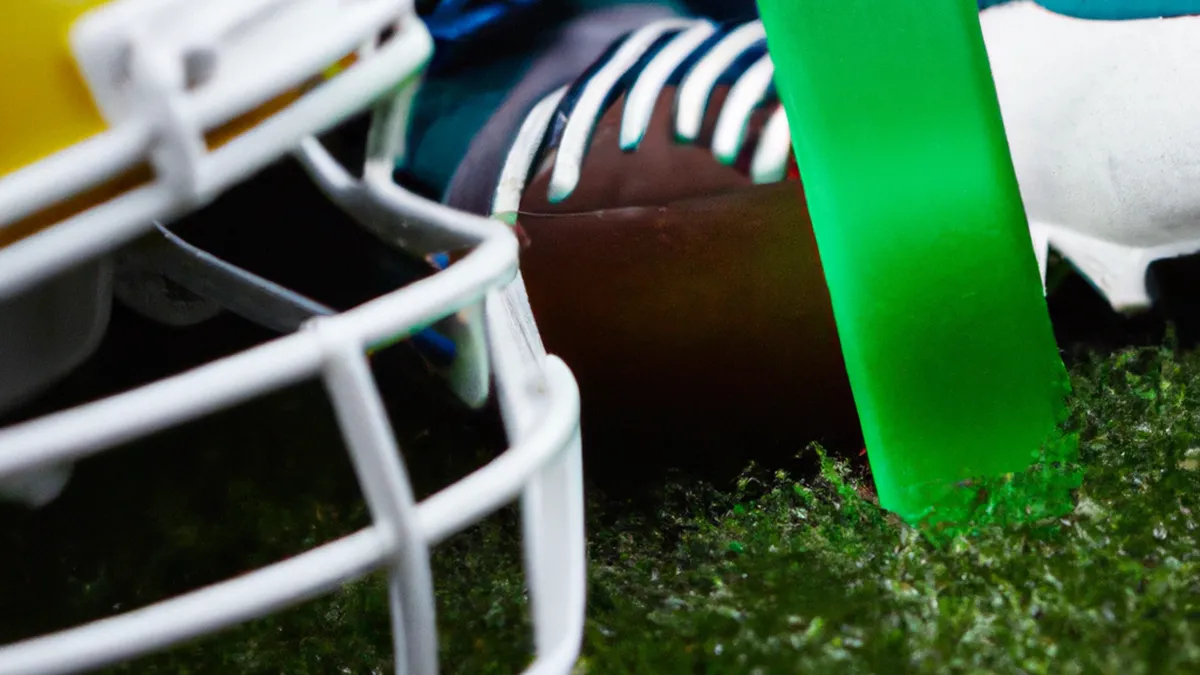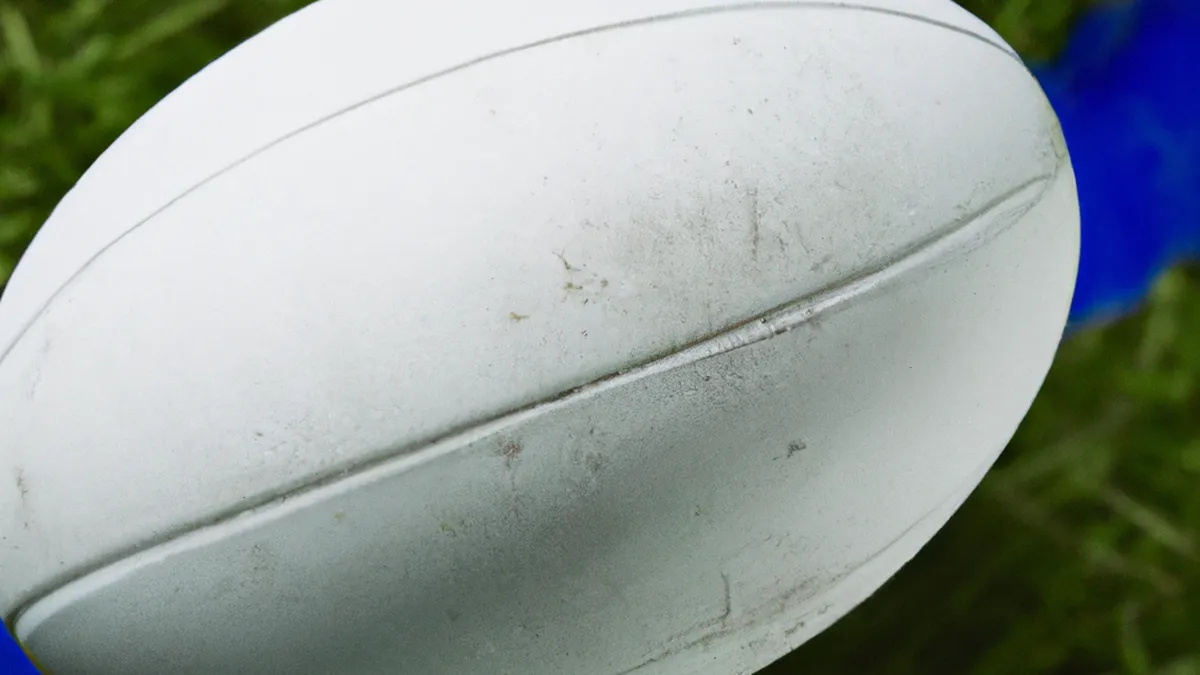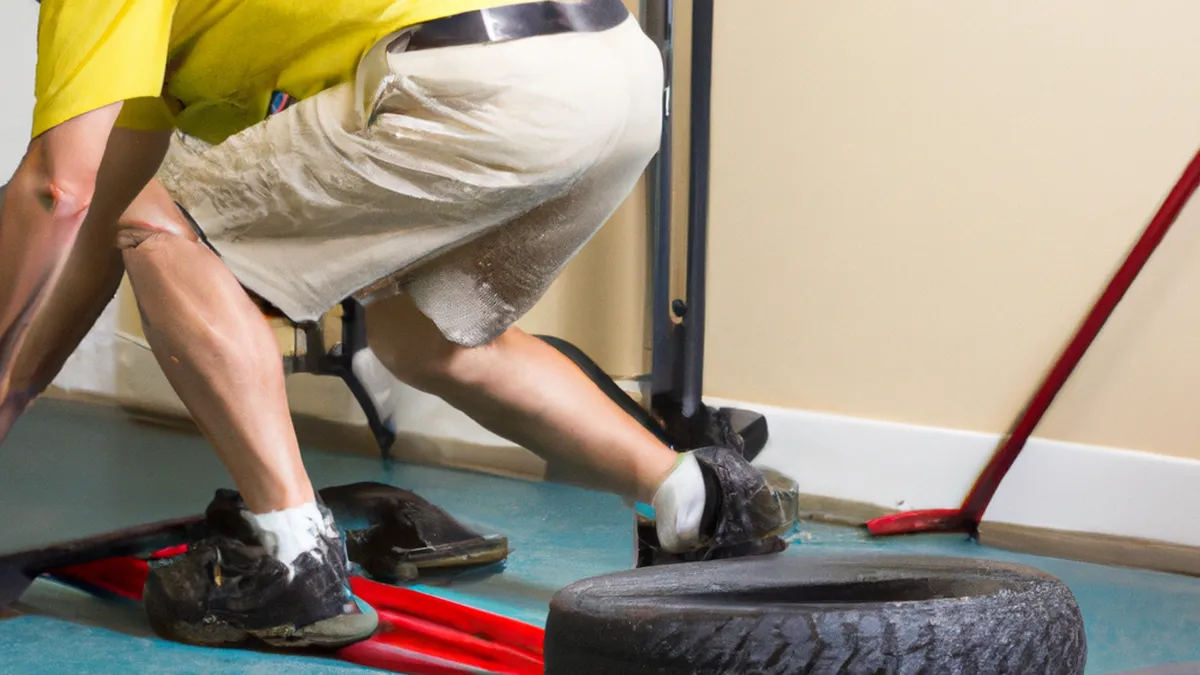Thriving in Masters Sports and Self-Care
Balancing Competitive Drive with Personal Well-Being in Masters Sports
As an Amazon Associate I earn from qualifying purchases.
Gear tip: consider hand grip strengthener, balance pad and cushioned insoles to support this workout.
Masters sports offer athletes of all ages exciting opportunities to compete and excel. Whether you enjoy running, swimming, or cycling, your passion can remain strong as you age. However, balancing your competitive spirit with personal well-being is crucial. This balance boosts performance and helps you enjoy your sport for years.
Understanding the Competitive Drive
Competition fuels passion, drives improvement, and fosters accomplishment. As you age, your competitive drive may manifest in various ways. You might aim for personal bests, train for championships, or enjoy spirited races with peers. However, focusing solely on performance can lead to stress and burnout. Recognizing this risk helps you achieve a healthier balance.
The Pressure to Perform
Many masters athletes feel overwhelming pressure to perform. You may strive to prove your abilities to yourself, peers, or younger athletes. This pressure can create a singular focus on competition, often harming your physical and mental health. While pursuing excellence is commendable, prioritize your well-being.
Finding Your Motivation
Identifying your motivation as an athlete is vital. Determine if competition, personal improvement, or love for the sport drives you. By clarifying your primary motivation, you can set realistic goals aligned with your values. This clarity reduces stress and enhances your overall experience in the sport.
Tips for Balancing Competition and Well-Being
Balancing competitive aspirations with personal well-being requires intentional strategies. Use these practical tips to navigate your journey.
Set Realistic Goals
Set achievable goals based on your current abilities, age, and life commitments. Avoid overly ambitious targets that may lead to disappointment. Instead, focus on incremental progress and celebrate small victories. These milestones contribute to your growth and larger aspirations.
Prioritize Recovery
Incorporate recovery into your training routine for optimal physical and mental health. Adequate rest prevents injuries and enhances performance. Schedule regular rest days and listen to your body. Honor feelings of fatigue or mental drain. Recharging significantly improves your training outcomes and enjoyment.
Embrace a Positive Mindset
Cultivating a positive mindset is essential for maintaining balance. Focus on aspects of your sport that bring joy and fulfillment. Surround yourself with supportive individuals.
Conclusion
Balancing competitive drive with well-being enhances your athletic experience. Prioritize your health to enjoy sports for years to come.
Below are related products based on this post:
FAQ
What are the main challenges faced by masters athletes in balancing competition and personal well-being?
Masters athletes often experience overwhelming pressure to perform, which can lead to a singular focus on competition. This pressure may come from a desire to prove abilities to oneself or younger athletes, risking physical and mental health if personal well-being is neglected.
How can I identify my motivation as a masters athlete?
To identify your motivation, reflect on what drives you in your athletic pursuits. Consider whether you are motivated by competition, personal improvement, or simply a love for the sport. Clarifying your primary motivation will help you set realistic goals that align with your values and reduce stress.
What strategies can I implement to maintain a balance between competitive aspirations and personal well-being?
To maintain balance, set realistic goals based on your abilities and commitments, prioritize recovery in your training routine, and cultivate a positive mindset. Celebrate small victories and surround yourself with supportive individuals to enhance your overall experience and enjoyment in your sport.















Post Comment